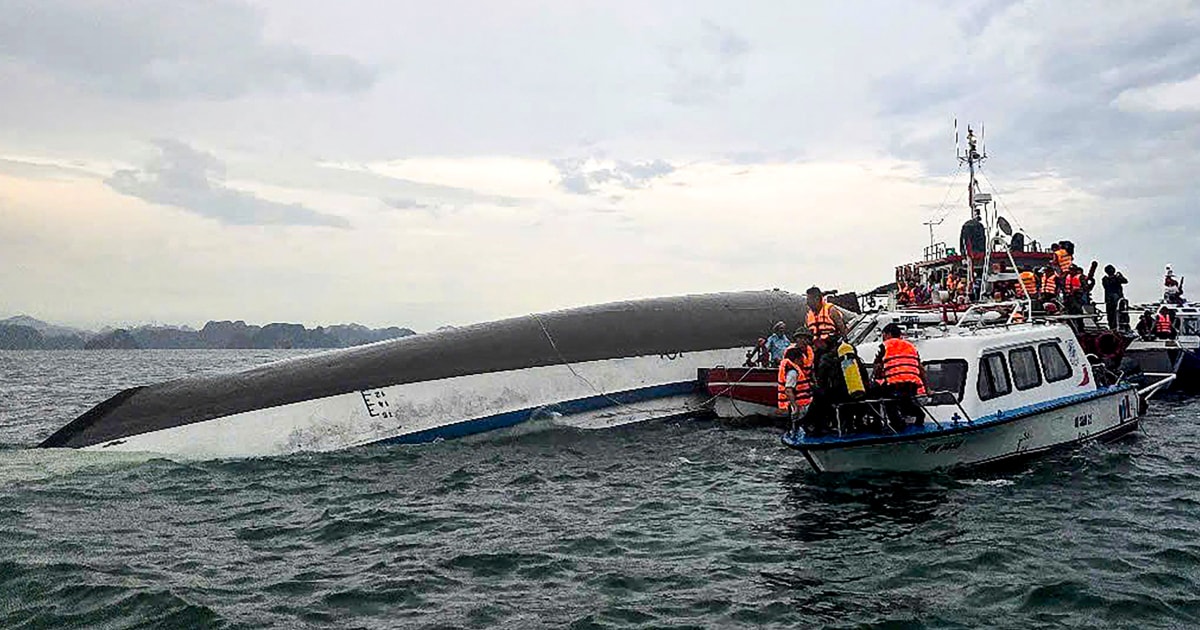Climate Change Impacts on Global Agriculture: A Growing Concern
The effects of climate change are increasingly evident in agricultural sectors worldwide, threatening food security and livelihoods. Experts warn that unless immediate action is taken, we could see a significant decline in crop yields, particularly in vulnerable regions, by 2030. This article delves into the implications of these changes, highlighting the urgency of adaptive strategies.
Understanding the Scope of the Threat
According to a report by the Intergovernmental Panel on Climate Change (IPCC), global temperatures have risen approximately 1.1°C above pre-industrial levels. This increase is linked to extreme weather events, including droughts, floods, and heatwaves, directly affecting agricultural productivity. A 2022 study by the Food and Agriculture Organization (FAO) indicates that crop yields of staple foods like wheat and maize could decline by up to 30% in some regions by 2050 if current trends continue.
“Climate change is a pressing issue that demands immediate attention from policymakers and farmers alike,” says Dr. Emily Huang, a leading agricultural scientist. “The data shows that regions already facing food insecurity are likely to suffer the most, exacerbating existing inequalities.”
Regional Vulnerabilities and Crop-Specific Challenges
Different regions face unique challenges due to climate change. For example, sub-Saharan Africa, which is already grappling with food insecurity, is projected to experience further declines in agricultural productivity. The FAO estimates that by 2030, 50 million more people could be at risk of hunger in this region alone.
- Sub-Saharan Africa: Increasing drought frequency and soil degradation.
- Southeast Asia: Rising sea levels threatening rice production.
- North America: Extreme weather events causing crop losses.
In Southeast Asia, rising sea levels threaten rice paddies, which are crucial for food security in countries like Vietnam and Thailand. “Rice is not just a crop; it’s a way of life for millions,” states Dr. Rajiv Kumar, an agricultural economist. “We need sustainable water management practices to mitigate these impacts.”
Adaptation Strategies to Combat Climate Impacts
To counter the impending crisis, experts emphasize the need for adaptive agricultural practices. These include:
- Crop Diversification: Incorporating a variety of crops to reduce reliance on single food sources.
- Climate-Resilient Varieties: Developing genetically modified crops that can withstand extreme weather.
- Sustainable Practices: Implementing agroforestry and organic farming to enhance soil health.
“Innovation in agriculture is crucial for resilience,” Dr. Huang adds. “Farmers need access to technology and training to adapt effectively.” These strategies not only help in mitigating risks but also enhance the sustainability of farming practices.
Economic Implications and Policy Responses
The economic impact of climate change on agriculture is profound. The World Bank estimates that climate-related losses could reach $1 trillion annually by 2030 if no action is taken. This situation calls for robust policy frameworks to support farmers in transitioning to sustainable practices.
Governments worldwide are beginning to recognize the need for comprehensive policies. For instance, the European Union has implemented the Common Agricultural Policy (CAP), which incentivizes eco-friendly farming practices. “Policy shifts are essential to create a supportive environment for adaptation,” says Dr. Kumar. “Investment in research and development is key to unlocking potential solutions.”
Future Outlook: Collaboration and Innovation
Looking ahead, collaboration between governments, NGOs, and the private sector will be vital in addressing climate change impacts on agriculture. Innovative approaches, such as precision agriculture and the use of artificial intelligence in farming, can enhance efficiency and productivity.
“We have the tools and knowledge to combat these challenges, but we need collective action,” Dr. Huang emphasizes. “The future of food security depends on our ability to adapt and innovate.”
Conclusion: Taking Action for a Sustainable Future
As climate change continues to pose significant threats to global agriculture, immediate action is essential. Adapting agricultural practices, investing in sustainable technologies, and implementing supportive policies can help mitigate these impacts. The future of our food systems relies on our ability to respond effectively to this urgent challenge. It is imperative for stakeholders at all levels to come together and prioritize climate resilience in agriculture.
For those interested in supporting sustainable agriculture initiatives, consider reaching out to local organizations or participating in community farming programs. Together, we can make a difference in securing a sustainable future for generations to come.



